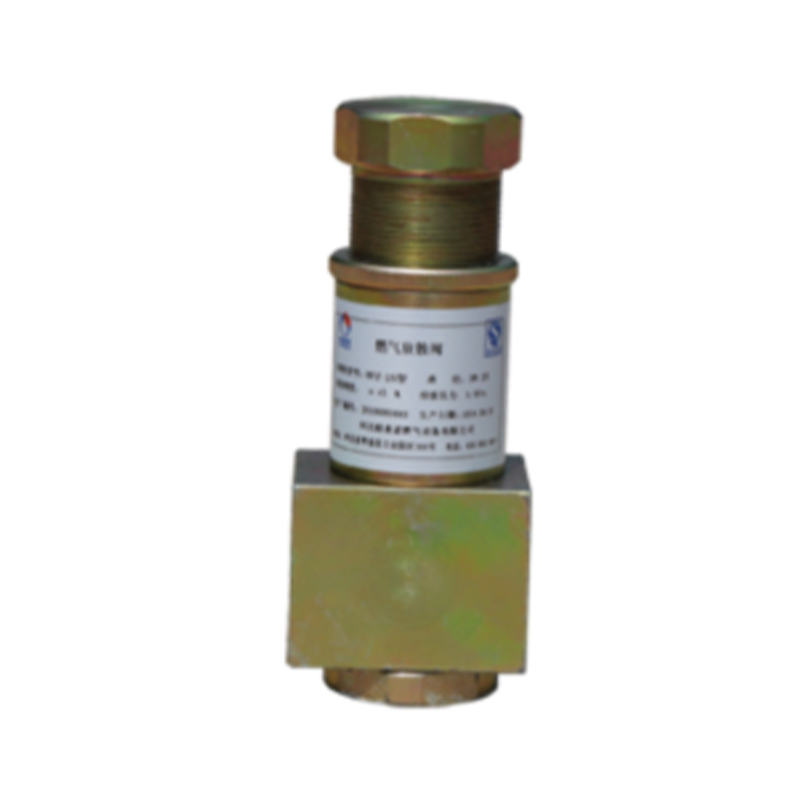
Oct . 12, 2024 03:01
Back to list
صمام الأمان
The Importance of Safety Valves in Industrial Applications
Safety valves play a crucial role in various industrial systems, providing an essential fail-safe mechanism to prevent accidents and ensure operational safety. As industries increasingly rely on high-pressure systems for processes ranging from chemical manufacturing to energy production, the significance of a functioning safety valve cannot be overstated. This article explores the importance, types, and maintenance of safety valves, underscoring their role in safeguarding both equipment and personnel.
What is a Safety Valve?
A safety valve is a device used to control or limit the pressure in a system. It acts as a fail-safe mechanism, releasing excess pressure to prevent dangerous over-pressurization that could lead to catastrophic failures. When the pressure within a system exceeds a predetermined limit, the safety valve opens, allowing steam, gas, or liquid to escape, thus maintaining a safe operating pressure. This mechanism is vital in systems such as boilers, pressure vessels, and piping systems in various industries.
Types of Safety Valves
There are several types of safety valves, each designed for specific applications. The most common types include
1. Spring-Loaded Safety Valves These are the most prevalent type, where a spring mechanism holds the valve closed. The valve opens when the pressure exceeds a designated limit, allowing fluid to escape.
2. Pilot-Operated Safety Valves These valves utilize a small pilot valve that controls a larger main valve. This design allows for improved efficiency and the ability to handle larger flow rates, making them suitable for high-pressure applications.
.
4. Balanced Safety Valves These are designed to mitigate the effects of back pressure on the valve, ensuring performance consistency in fluctuating pressure environments.
صمام الأمان

Each type serves a specific need based on the operational pressures and the nature of the fluids being managed.
Importance of Safety Valves
The significance of safety valves in industrial settings cannot be emphasized enough. First and foremost, they protect personnel from the dangers associated with over-pressurization. Industrial accidents can lead to severe injuries or even fatalities, and safety valves act as a primary defense mechanism against such incidents.
Moreover, safety valves protect equipment and infrastructure from potential damage. Uncontrolled pressure can lead to equipment failure, resulting in costly downtimes, repairs, and even complete loss of machinery. By maintaining safe pressure levels, safety valves help ensure the longevity and reliability of industrial equipment.
Additionally, regulatory compliance is another essential aspect of safety valves. Many industries are governed by strict safety regulations that mandate the installation of safety devices, including valves. Compliance not only avoids legal repercussions but also promotes a culture of safety within organizations.
Maintenance of Safety Valves
To ensure safety valves function correctly, regular maintenance is critical. Operators should conduct routine inspections to check for signs of wear or damage. This includes verifying that the valve is not stuck, that seals are intact, and that the mechanism operates smoothly. Calibration should also be performed regularly to ensure that the valve opens at the specified pressure.
Moreover, it is crucial to maintain a proper testing schedule. Safety valves should be tested periodically to confirm their proper operation under pressure conditions. These tests can prevent unexpected failures during critical operations, thereby safeguarding both personnel and equipment.
Conclusion
In summary, safety valves are integral components of industrial systems. They provide a reliable means of pressure control, ensuring the safety of personnel, protection of equipment, and compliance with regulatory standards. As industries evolve and pressures increase, the importance of robust and well-maintained safety valves becomes even more pronounced. Investing in quality safety valve systems and their regular maintenance can create a safer working environment and enhance operational efficiency.
Latest news
-
Safety Valve Spring-Loaded Design Overpressure ProtectionNewsJul.25,2025
-
Precision Voltage Regulator AC5 Accuracy Grade PerformanceNewsJul.25,2025
-
Natural Gas Pressure Regulating Skid Industrial Pipeline ApplicationsNewsJul.25,2025
-
Natural Gas Filter Stainless Steel Mesh Element DesignNewsJul.25,2025
-
Gas Pressure Regulator Valve Direct-Acting Spring-Loaded DesignNewsJul.25,2025
-
Decompression Equipment Multi-Stage Heat Exchange System DesignNewsJul.25,2025

